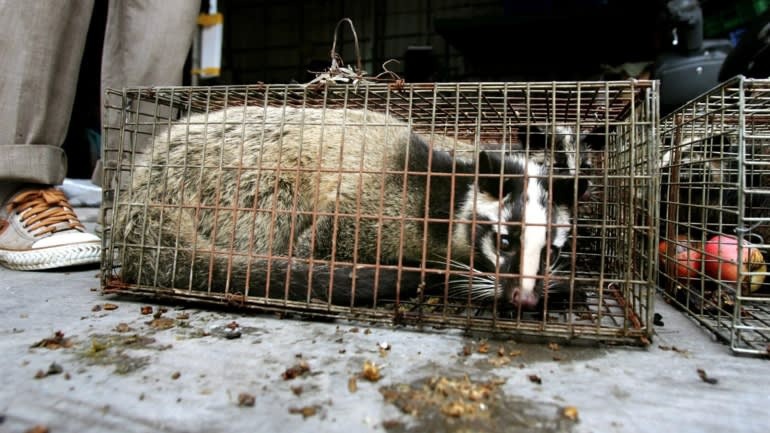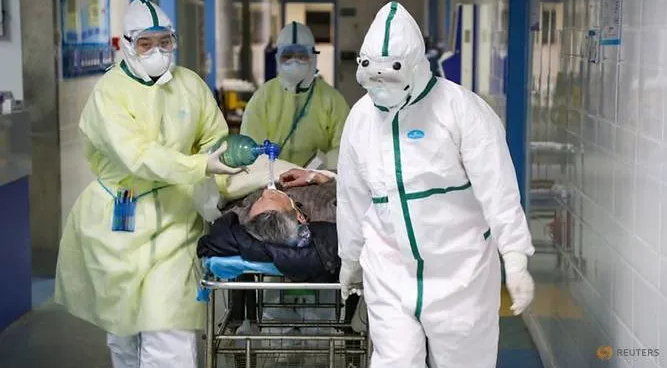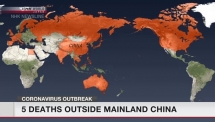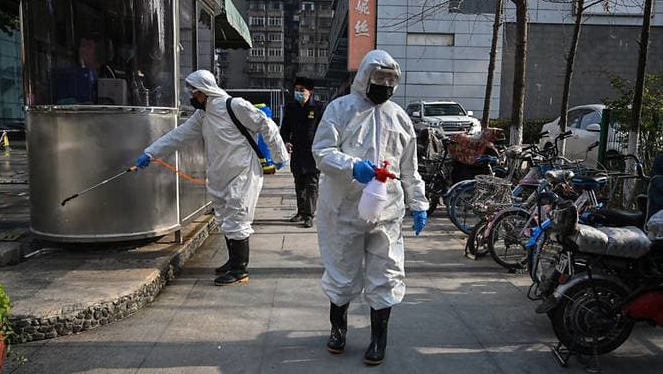‘Animals live for man’: China’s appetite for wildlife likely to survive virus
| China coronavirus death toll surpasses 1,700; global experts gather in China | |
| 780 coronavirus cases outside mainland China: NHK | |
| Hubei reports 242 deaths in just one day and 14,840 new COVID-19 cases |
 |
| Civet is preferred by Chinese people. Photo: Reuters |
The scale of the crackdown, which has netted almost 40,000 animals including squirrels, weasels and boars, suggests that China's taste for eating wildlife and using animal parts for medicinal purposes is not likely to disappear overnight, despite potential links to the new coronavirus.
Traders legally selling donkey, dog, deer, crocodile and other meat told Reuters they plan to get back to business as soon as the markets reopen.
"I'd like to sell once the ban is lifted," said Gong Jian, who runs a wildlife store online and operates shops in China’s autonomous Inner Mongolia region. "People like buying wildlife. They buy for themselves to eat or give as presents because it is very presentable and gives you face."
Gong said he was storing crocodile and deer meat in large freezers but would have to kill all the quails he had been breeding as supermarkets were no longer buying his eggs and they cannot be eaten after freezing.
Scientists suspect, but have not proven, that the new coronavirus passed to humans from bats via pangolins, a small ant-eating mammal whose scales are highly prized in traditional Chinese medicine.
Some of the earliest infections were found in people who had exposure to Wuhan's seafood market, where bats, snakes, civets and other wildlife were sold. China temporarily shut down all such markets in January, warning that eating wild animals posed a threat to public health and safety.
That may not be enough to change tastes or attitudes that are deeply rooted in the country's culture and history.
"In many people's eyes, animals are living for man, not sharing the earth with man,” said Wang Song, a retired researcher of Zoology at the Chinese Academy of Sciences.
Online debate
The outbreak of the new coronavirus, which has killed more than 1,600 people in China, revived a debate in the country about the use of wildlife for food and medicine. It previously came to prominence in 2003 during the spread of SARS (Severe Acute Respiratory Syndrome), which scientists believe was passed to humans from bats, via civets.
Many academics, environmentalists and residents in China have joined international conservation groups in calling for a permanent ban on trade in wildlife and closure of the markets where wild animals are sold.
Online debate within China, likely swayed by younger people, has heavily favored a permanent ban.
"One bad habit is that we dare to eat anything," said one commenter called Sun on a news discussion forum on Chinese website Sina. "We must stop eating wildlife and those who do should be sentenced to jail."
Nevertheless, a minority of Chinese still like to eat wild animals in the belief it is healthy, providing the demand that sustains wildlife markets like that in Wuhan and a thriving online sales business, much of which is illegal.
One online commenter calling themselves Onlooker Pharaoh said on Chinese news platform Hupu that the risk was worth it: "Giving up wildlife to eat as food is like giving up eating because you might choke."
Government support
The breeding and trading of wild animals in China is supported by the government and is a source of profit for many people.
After the SARS outbreak, the National Forestry and Grassland Administration (NFGA) strengthened oversight of the wildlife business, licensing the legal farming and sale of 54 wild animals including civets, turtles and crocodiles, and approved breeding of endangered species including bears, tigers and pangolins for environmental or conservation purposes.
These officially sanctioned wildlife farming operations produce about $20 billion in annual revenue, according to a 2016 government-backed report.
"The state forestry bureau has long been the main force supporting wildlife use," said Peter Li, a China Policy Specialist for the Humane Society International. "It insists on China's right to use wildlife resources for development purposes."
Much of the farming and sale of wildlife takes place in rural or poorer regions under the blessing of local authorities who see trading as a boost for the local economy. State-backed television programs regularly show people farming animals, including rats, for commercial sale and their own consumption./.
Recommended
 World
World
Pakistan NCRC report explores emerging child rights issues
 World
World
"India has right to defend herself against terror," says German Foreign Minister, endorses Op Sindoor
 World
World
‘We stand with India’: Japan, UAE back New Delhi over its global outreach against terror
 World
World
'Action Was Entirely Justifiable': Former US NSA John Bolton Backs India's Right After Pahalgam Attack
Popular article
 World
World
Nifty, Sensex jumped more than 2% in opening as India-Pakistan tensions ease
 World
World
Easing of US-China Tariffs: Markets React Positively, Experts Remain Cautious
 World
World
India strikes back at terrorists with Operation Sindoor
 World
World










